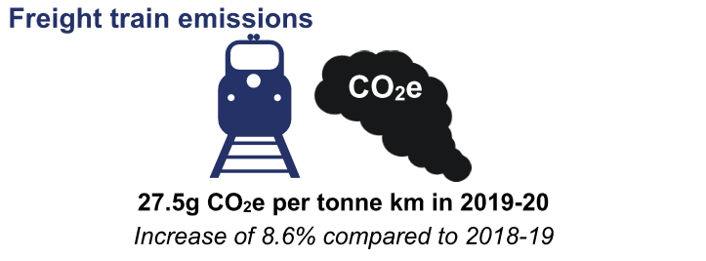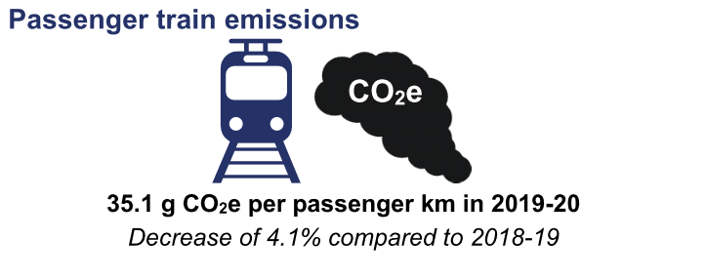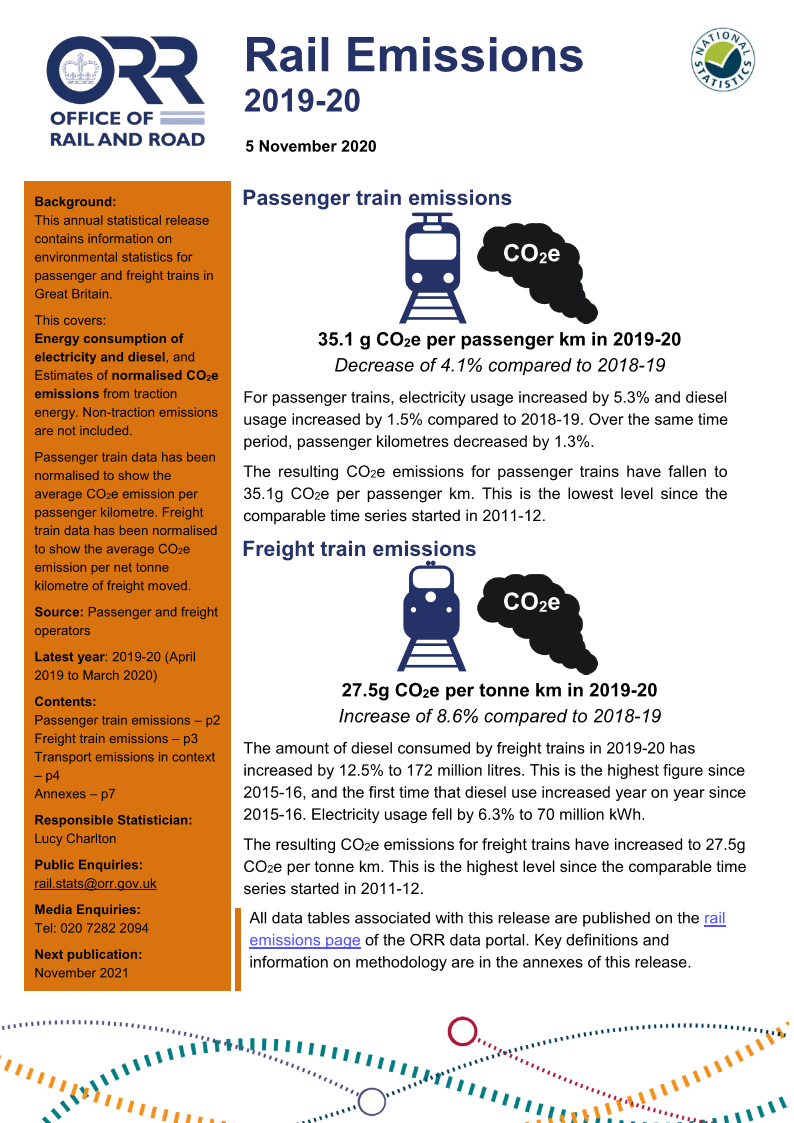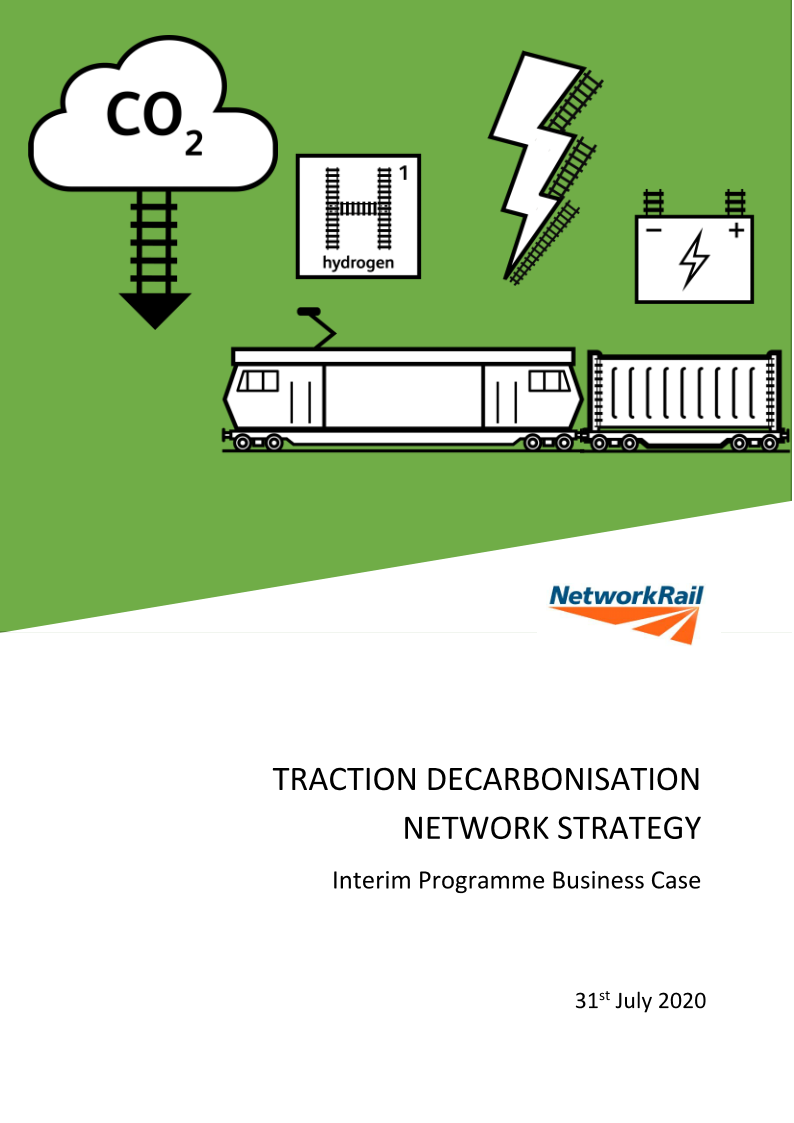Rail is among the most energy efficient modes of transport for freight and passengers - while the rail sector carries 8% of the world’s passengers and 7% of global freight transport, it represents only 2% of total transport energy demand.
Three-quarters of passenger rail transport activity takes place on electric trains, the rail sector is the only mode of of transport that is widely electrified today. However freight activity has risen steadily over the past twenty years and remains dependant upon diesel as an energy source. Approximately 29% of the UK’s rail fleet is diesel consuming around 172 million litres a year.
Electric trains have been estimated to cut carbon emissions by 20-35% compared with diesel trains. However given the level of infrastructure and rolling stock required to achieve traction decarbonisation, the level of capital investment required is significant.
Rail infrastructure electrification is complex and extremely costly, requiring extensive upgrades on a network which in some cases was never designed for any such electrification infrastructure. Network Rail's Traction Decarbonisation Network Strategy (TDNS) estimates rail electrification will cost between £1 million and £2.5 million per km (in 2020 prices), making the total bill to electrify all remaining non electrified lines in Great Britain approximately £30 billion.
ElimiNOX Eco™ is proven to reduce CO2 emissions by up to 30% while improving fuel efficiency, with no additional investment, asset modification required; delivering benefits today and every day through to 2040.
|
|
|
|
|
|
The UK government set out in June 2019 its legal commitment to achieve ‘net zero’ greenhouse gas emissions by 2050. In respect of the railway, in 2018 the DfT challenged the rail industry to remove all diesel-only trains from the network by 2040. The Scottish Government has set a target to decarbonise domestic passenger rail services by 2035. ElimiNOX Eco™ delivers financial savings to supplement investment in decarbonisation while simultaneously addressing the emissions issues of diesel trains right now - and all the time they continue to operate on the rail network. |






